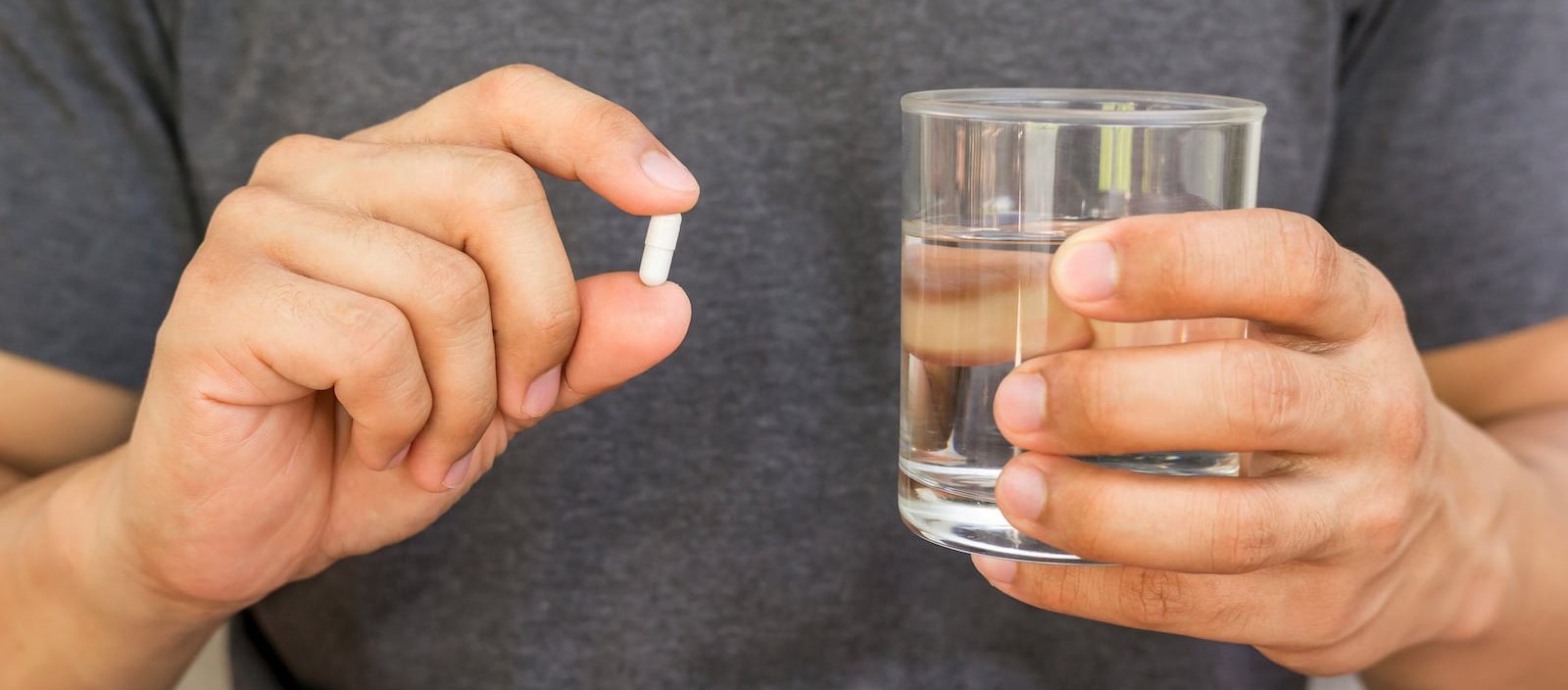Table of Contents
In 2019, the World Health Organization estimated that about 62 million people worldwide used opioids. Although such numbers are astounding, the epidemic has only been gaining momentum since then. In the face of such a dangerous opioid addiction crisis on the rise, medical professionals are looking toward prescription medication to help treat opioid addictions in patients. One medication used increasingly because of its particularly beneficial ability to treat opioid addictions, such as heroin, morphine, opium, oxycodone/oxycontin, hydrocodone, and codeine, is called suboxone.
How Suboxone Therapy Helps with Opiate Withdrawal Symptoms
Suboxone’s two active ingredients are buprenorphine, an opioid partial antagonist that helps relieve the user of opiate withdrawal symptoms, and naloxone, an opioid antagonist that reverses the effects of narcotics. As part of behavioral therapy and a drug detoxification program, Suboxone has been shown to have long-term benefits for drug addiction. However, less than 10% of people who need this treatment are receiving it, according to the World Health Organization. Learning about the long-term benefits and accessibility of such medical care may encourage people to start receiving the treatment they need when faced with opioid addiction.
Long-Term Benefits of Suboxone Maintenance
Suboxone has been proven effective in reducing cravings and minimizing withdrawal symptoms associated with opiate addiction, such as depression, increased heart rate, aching bones, muscle pain, severe diarrhea, shaking, and vomiting. By taking the edge off of unpleasant withdrawal symptoms, a person struggling with addiction has a better chance to focus on their recovery, lessening the chance of returning to abuse the drug in the future.
Additionally, because of the active ingredients in Suboxone, it is nearly impossible to overdose on it and equally difficult to get addicted to it. Compared to other medications that treat opiate addiction, like methadone, Suboxone is one of the most reliable methods of treatment because of its relatively low chance of abuse.
Suboxone Maintenance Side Effects
Although relatively safe, Suboxone, like any other prescription medication, has some risks and needs to be taken exactly as prescribed by a medical professional. One such risk, and the most serious side effect, is that Suboxone can slow down or stop someone’s breathing altogether. This is rare and most prevalent when taken in larger doses than prescribed. However, it needs to be addressed when concerning the potentiality of dosing without following medical guidance. Additionally, combining it with antidepressants, sedatives, narcotic painkillers, sleeping pills, or tranquilizers can cause devastating consequences to the user and, therefore, should be monitored by a doctor.
Other common side effects of taking Suboxone include:
- Lightheadedness
- Stomach pains
- Constipation
- Dizziness
- Fainting
- Excessive sweating
- Insomnia
- Headaches
- Vomiting
Despite these possible side effects, many people may still opt to take the detox medication when comparing the severity of withdrawal symptoms experienced from detoxing off of opioids to the possible side effects of taking Suboxone. To reduce the side effects experienced when taking Suboxone, it is important to keep a medical professional updated about any side effects experienced so that the doctor can help adjust the dosage to alleviate/prevent any further serious reactions from occurring.
Treatment Options When Withdrawing From Opiates
When Suboxone is combined with other lifestyle changes, like counseling and a detox program, it can be exponentially helpful in helping a person addicted to opioids transition to abstinence. With therapy, the person can get to the root of the desire to use the drug in the first place, preventing them from returning to the drug in the future. It is important to know that opioid addiction does not need to be fought alone and that help is available to you or a loved family member struggling with opioid addiction.
Sources:
Infinite Recovery has strict sourcing guidelines and relies on peer-reviewed studies, academic research institutions, and medical associations for our references. We avoid using tertiary references as our sources. You can learn more about how we source our references by reading our editorial guidelines and medical review policy.
- World Health Organization. Opioid overdose. Published August 4, 2021. Accessed June 23, 2022. https://www.who.int/news-room/fact-sheets/detail/opioid-overdose
- Everyday Health. Buprenorphine (Subutex) – Side Effects, Interactions, Uses, Dosage, Warnings. EverydayHealth.com. Published April 5, 2022. Accessed June 23, 2022. https://www.everydayhealth.com/drugs/buprenorphine
- Everyday Health. Naloxone (Narcan) – Side Effects, Interactions, Uses, Dosage, Warnings. EverydayHealth.com. Published February 4, 2021. Accessed June 23, 2022. https://www.everydayhealth.com/drugs/naloxone
















